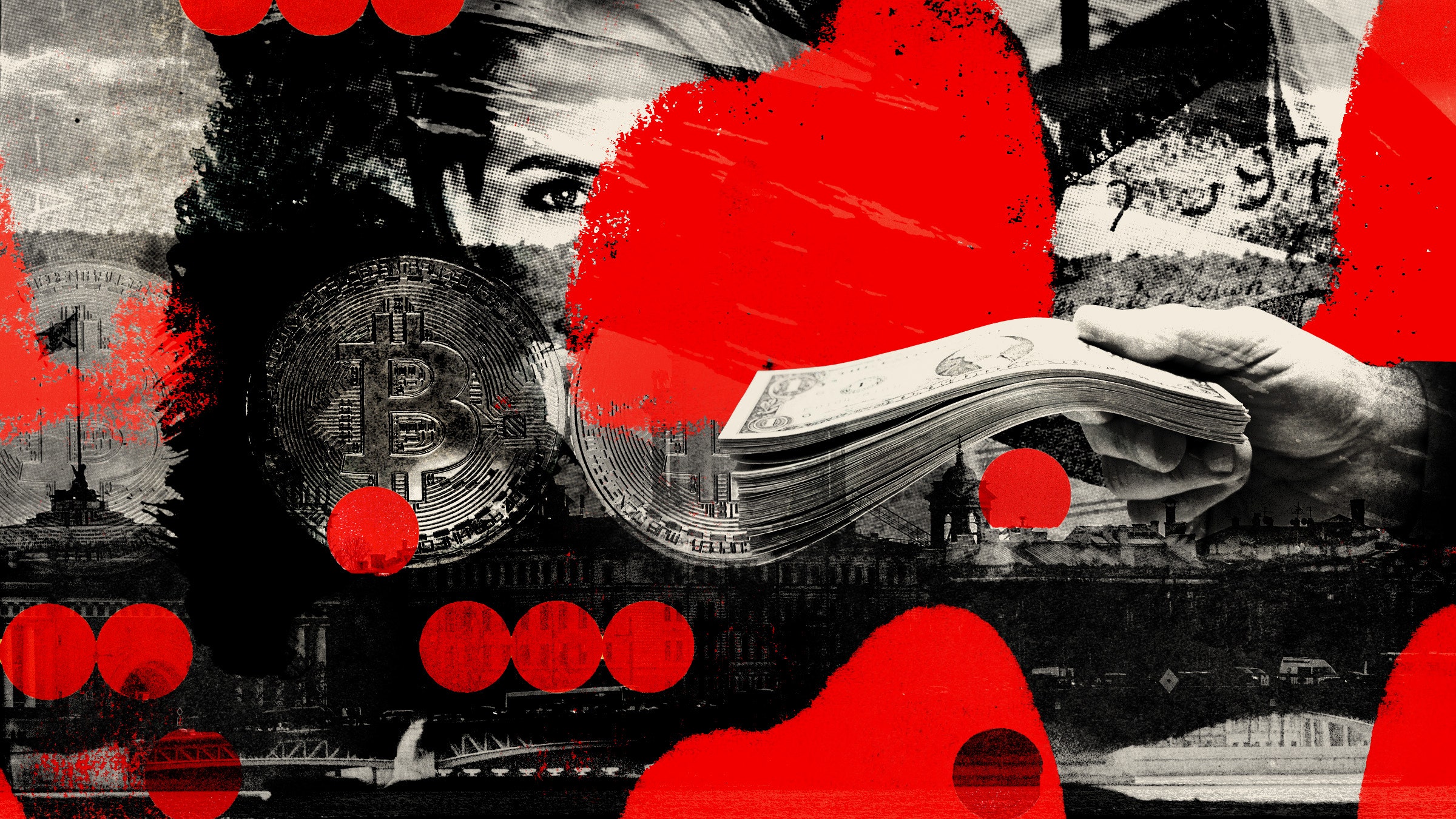China’s Surveillance State Is Selling Citizen Data as a Side Hustle
China’s Surveillance State Is Selling Citizen Data as a Side Hustle
In recent years, China has invested heavily in surveillance technology to monitor its citizens’ every move. From facial recognition cameras to social credit scoring systems, the Chinese government has created a vast network of surveillance tools to keep tabs on its population.
However, what many may not realize is that this data is not just being used for monitoring purposes. According to recent reports, the Chinese government has been selling citizen data to third-party companies for profit.
This data includes everything from biometric information to online activity logs, allowing companies to create detailed profiles of individuals. This information is then used for targeted advertising, credit scoring, and even employment decisions.
While the Chinese government claims that this data collection is necessary for maintaining social order and national security, critics argue that it infringes on citizens’ privacy rights and autonomy.
Many fear that this data could be used for more nefarious purposes, such as political repression or discrimination against certain groups. The lack of transparency surrounding these data sales only adds to these concerns.
Some citizens have tried to fight back against the surveillance state by using VPNs and other encryption tools to protect their online privacy. However, these efforts are often met with heavy-handed censorship and punishment by the government.
As China’s surveillance state continues to expand, it raises important questions about the balance between security and privacy in the digital age. Should governments have the right to collect and monetize citizen data? And what are the implications for individual freedom and democracy?
Only time will tell how this debate unfolds, but for now, it is clear that China’s surveillance state is not only watching its citizens but also profiting from their personal information.






